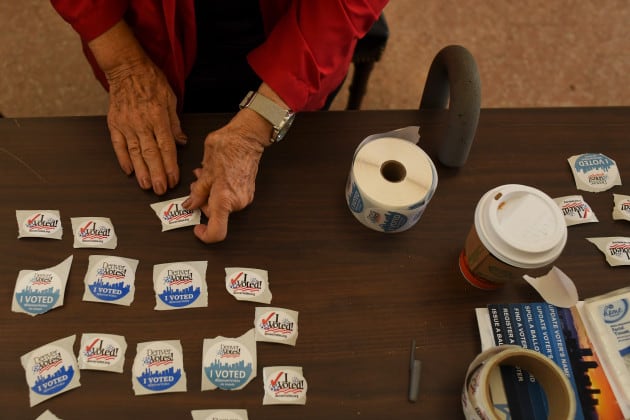Seventeen candidates are running for mayor of Denver during a time when the city’s schools face challenges ranging from declining enrollment that’s led to school closures to rising youth violence that’s prompted discussion of the role police should play in schools.
The Denver mayor plays no formal role in running the school system, but that hasn’t stopped some candidates from suggesting that person should have a louder voice and even appoint members to the school board.
Internal divisions on the school board have played out in public and led some critics to say the board isn’t focused on the needs of students. Other candidates say it’s important to respect the authority of the independently elected school board.
We asked all the candidates what they see as the role of the mayor in Denver Public Schools, how they would address an affordable housing crisis that’s pushing teachers and families out of the city, and how they would address gun violence that’s showing up at the schoolhouse door.
The election is April 4. If no candidate earns more than 50% of the vote, the top two candidates will advance to a runoff election on June 6.
Ten of the 17 candidates responded. Here, in their own words, is what they said.







